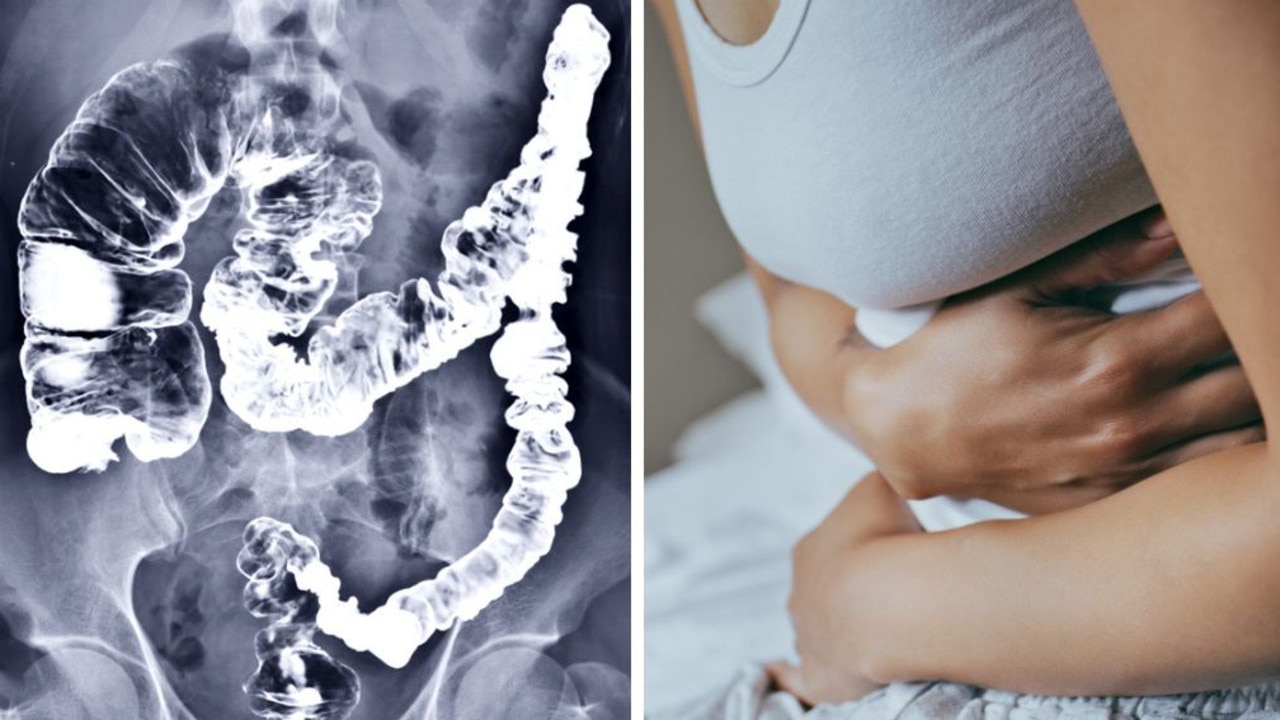Coronavirus: People are most infectious in first week of symptoms
New research shows people infected with COVID-19 are most infectious in the first week of symptoms, partly explaining the speed of the virus’s spread.

People infected with coronavirus could be most contagious in the first week of developing symptoms, a new study from Hong Kong has found, which could explain why the disease has spread so quickly.
Researchers based their assessment, published in The Lancet medical journal on Monday, on saliva samples from 23 patients across two of the city’s hospitals who tested positive for COVID-19.
Results showed that the viral load (the total amount of the virus a person has inside of them) in patients – all of who were aged between 35 and 75 – was highest during the first seven days after symptoms onset and declined gradually after that.
“The high viral load within the first week of illness suggests that the virus can be transmitted from one person to another easily before the patient is hospitalised,” clinical associate professor at the University of Hong Kong’s microbiology department and a co-author on the paper, Kelvin To Kai-wang told the South China Morning Post.
RELATED: Follow the latest coronavirus updates
The potentially deadly virus has spurred into a worldwide pandemic after its outbreak in Wuhan, China at the end of last year, infecting close to half a million people and killing more than 21,000. And, the researchers said, it could stay in the body for nearly a month.
“One third of our patients had viral shedding (the releasing of the virus) for 20 days or more,” said Mr To, adding that patients might have to stay in isolation wards for longer periods of time.
Studies by New York’s Columbia University, and from a group of scientists in Germany, also found that people only experiencing mild symptoms could be responsible for the virus’ spread.
“If somebody’s experiencing mild symptoms, and I think most of us can relate to this, we’re still going to go about our day,” said Jeffrey Shaman, who carried out the Columbia University research.
“These people are the major drivers of it and they’re the ones who facilitated the spread.”
Once someone becomes infected, the incubation period (the time between when you catch the virus and when symptoms begin to show) is usually between two and 14 days, with half of cases showing symptoms before the sixth day.
“When you are mildly (ill) or just (getting) sick, you’re putting out a whole lot of virus,” said dean of the College of Public Health at the University of Nebraska Medical Centre, Ali Khan.
“After about 10 days or so, you’re not likely to be infecting other people.”
Clemens Wendtner, the director of infectious disease and tropical medicine at Munich Clinic Schwabing who conducted the study in Germany, said that if anything, the early and extreme contagiousness of the virus “tells us that gatherings of people should be avoided”.
RELATED: Fatal mistake that saw virus spread
The new research comes as Australia is set to enter even tougher shutdown restrictions in a bid to curb the virus outbreak across the nation.
Aussies have been urged to practice social distancing and stay at home; businesses have closed their doors and states have sealed off their borders.
But, if Australians wanted to delay the virus’ spread, Professor Mikhail Prokopenko of the University of Sydney told news.com.au the outcome relied on these restrictions being followed by the public, something that did not appear to be happening so far.
“I’m not seeing that,” he said. “(Government announcements) have reduced the number of people in the streets but not to (the level) that’s required.”
Prof Prokopenko said any delay in introducing or following restrictions would mean they would have to remain in place for longer.
“This is not just about government policy, it’s about compliance,” he said.
“I easily understanding that young people feel invincible but it’s not asking that much – three months of sitting at home 80 per cent of the time is not that draconian.”
RELATED: Do I have a cold, flu or coronavirus?
WHAT ARE THE SYMPTOMS OF COVID-19?
The symptoms of coronavirus can range from a mild cough to pneumonia.
According to the World Health Organisation, the most common symptoms of COVID-19 are fever, tiredness and a dry cough. Some patients may have aches and pains, nasal congestion, a runny nose, sore throat or diarrhoea. These symptoms are usually mild and begin gradually.
There are also some people who become infected but don’t develop any symptoms and don’t feel unwell.
Around one out of every six people who gets COVID-19 becomes seriously ill and develops difficulty breathing, while most people (about 80 per cent) recover from the disease without needing special treatment.




